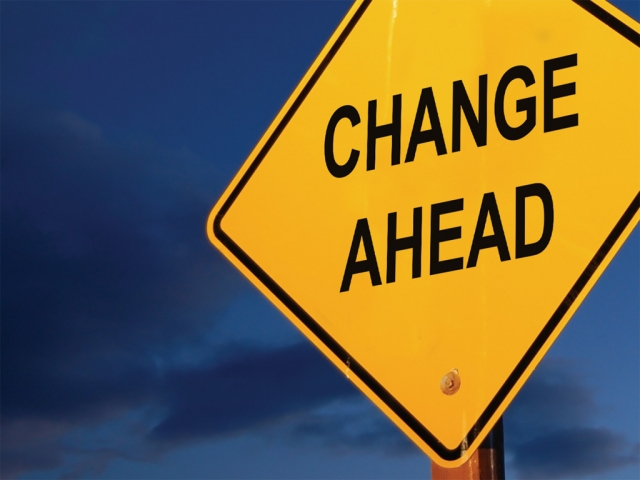Time change not good for everyone, including drivers
As we get ready to set our clocks back an hour this Saturday night (Sunday morning at 2 a.m.) for the end of Daylight Savings Time (DST), ICBC is asking drivers to take extra care as the time change can affect us in different ways.
The biggest impacts can be felt on some of the key skills that affect the quality of our driving – poorer concentration, alertness behind the wheel and reaction time to potential hazards.
“We can all play a role in making our highways and roads safer for everyone,” said Mary Polak, Minister of Transportation and Infrastructure.
“We have to recognize that the time change does increase our risk of being in a crash, so plan ahead and use extra caution to help keep you and your family safe.”
“There is a 10 per cent increase in the average number of crashes in the Lower Mainland during the late afternoon commute in the two weeks following the end of DST compared to the two weeks prior to the change,” said Dr. John Vavrik, a psychologist with ICBC.
“We see this crash rate increase slightly outside of the Lower Mainland, where road conditions can become more challenging earlier in the season.”
While the fall time change means we have the chance to get an extra hour of sleep, according to an ICBC survey, 30 per cent of drivers overcompensate for that extra hour of sleep by staying up later and therefore losing any potential benefit of that opportunity.
“We rationalize that extra hour – many of us think that since we’re going to get an additional hour of sleep we can stay awake longer or drive home later, but we actually end up feeling more tired and less alert,” said Vavrik.
“Studies have also shown that the end of Daylight Savings Time can also impact the quality of our sleep due to more nighttime restlessness and disrupt our circadian rhythms which can pose some real dangers on our roads,” said Vavrik.
As Daylight Savings ends, B.C. drivers can also expect to deal with darker evening commutes in poor weather conditions with less visibility, which is why it’s important for us to adjust our speed to the road conditions and allow extra travel time so we aren’t tempted to rush.
Here are ICBC’s tips to help you adjust to the time change:
- Keep your regular sleep/wake cycle in step with your every day social rhythm. Go to bed at the same time you normally would and benefit from that extra hour of sleep.
- Don’t assume you are more rested and alert on the road the mornings following the change as the time change can impact the quality of our sleep.
- Adjust your speed for the weather conditions and allow extra travel time so that you’re prepared especially for the darker, late afternoon commutes where there will be slower traffic flow, less visible pedestrians and cyclists and an even greater need to signal properly.
- Prepare your vehicle for the change in weather. Clean your vehicle’s headlights and check they are all working properly, especially your rear lights. Make sure you have enough windshield wiper fluid and that your wipers are in good condition.
- Closely monitor your mood in the fall and particularly during the DST change. Get some good sleep this weekend and take extra care to help you get to where you’re going safely.

























